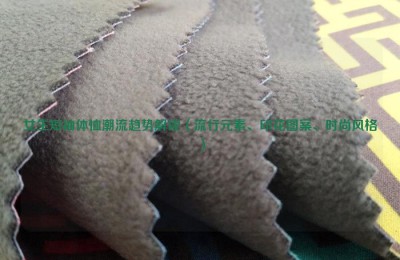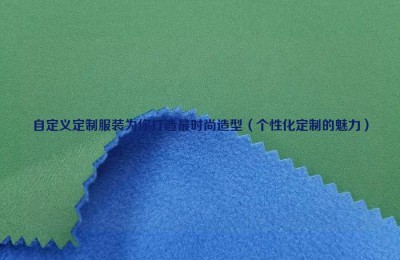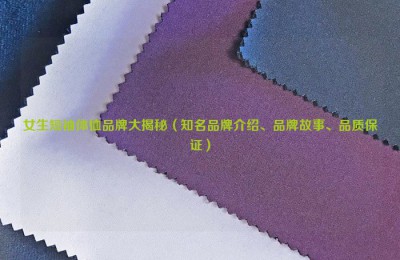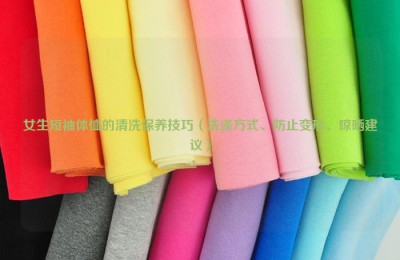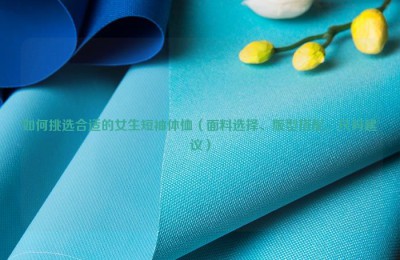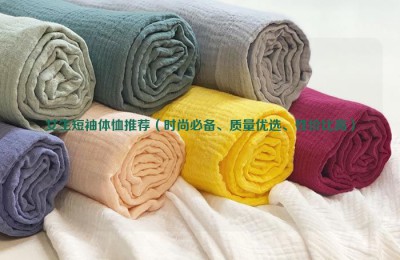The detection and removal of foreign fibers is a central issue of concern to the world’s cotton industry. Each country’s situation is different, and its solutions are also different. So far, no effective measure has been found to control the content of foreign fiber, which is also the focus of future research in our country.
The cleaning of foreign fibers can be divided into detection and removal before cotton ginning and detection and removal in the textile process after ginning. Once foreign fibers are mixed into cotton, subsequent work will be extremely passive and difficult. Therefore, cleaning before ginning is a very effective solution.
1. Chromatography/Mass Spectrometer (GC/MS)
The United States is second to none in research in this area. According to American research results, although cotton and foreign fibers have similar mechanical and optical properties, they have different chemical compositions. There is a clear difference. This is also the mechanism for successfully detecting fibers of the opposite sex. For example, sub-cotton needs to be dried before processing. The drying temperature is generally 140°C. Heterogeneous fibers will release gas when the ambient temperature approaches 50°C. The chemical composition of the organic compounds released is similar to that of sub-cotton and lint. The ingredients released are very different, and the amount released by the former is much greater than that of the latter. Utilizing this mechanism, chromatography/mass spectrometry (GC/MS) can be used for qualitative and quantitative detection. This kind of system has high reliability, fast response speed and good resetability, but the cost is high. This method has certain reference significance for us, and it is not suitable for use in cotton processing plants at present.
2. Conveyor belt cleaning method
In order to remove foreign fibers in domestic cotton processing plants, in addition to manual picking at the time of purchase, there are also dedicated personnel to pick foreign fibers on the cotton pile before feeding the flowers. Manual picking is time-consuming and labor-intensive. Therefore, many manufacturers currently use the conveyor belt cleaning method, as shown in Figure 7-26.
This method is to enter the cotton that has been cleaned by the cleaning machine through the flower inlet. The cotton is transported by rod rollers and mixed evenly. The cotton is transported forward through a horizontal conveyor belt. On both sides of the conveyor belt There are 8 to 10 people in each group to look through and sort out, and put the picked out foreign fibers into cloth bags. The sorted cotton enters the cotton distribution box of the gin through two pulleys and a conveyor belt.

AAA anti-UV fabric net VBJYTUJGHNH

